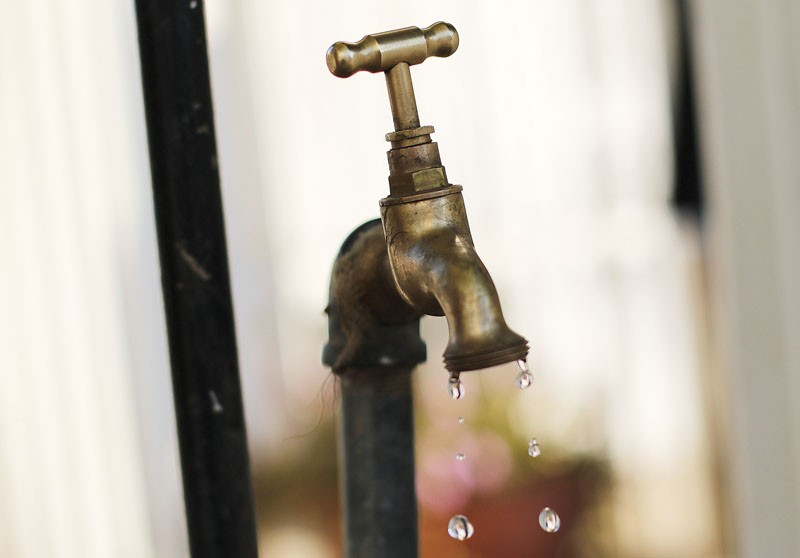WUC trims consumers' arrears to P800m, but half may never pay
Mbongeni Mguni | Friday September 20, 2019 11:55


The Corporation’s latest financials, covering the year to March 31, 2019, show that it has been able to shrug off its troubles of previous years, posting P230 million in pretax profits without a government subsidy.
The WUC’s financial woes were triggered by the 2009 takeover of all water supplies in the country under the Water Sector Reform Programme (WSRP). The Corporation grew dependent on government subsidies and guarantees support to remain afloat and continue maintenance and capital works.
Numbers made available this week, however, show that even with a marginal increase in revenues and higher operating expenses when compared with 2018, the WUC was still able to post stable profits.
The debtors’ book, which has stubbornly risen over the years since the WSRP, affecting operating capital, fell nearly six percent helped by government paying its water bills. Government’s debt to WUC fell from P337 million in 2018, to P202 million in the year to March 2019.
However, the Corporation classified 49% of its 2019 debtors book under “Expected Credit Losses,” with much of the risk assigned to domestic consumers who comprise the bulk of the WUC’s debtors.
According to the financial statements, domestic consumers accounted for P467 million of the P801 million debtors book. Just over P285 million or 61% of the arrears owed to WUC by domestic consumers were over 90 days outstanding and assigned a 95% loss rate.
Business consumers owed the Corporation about P133 million with 44% over 90 days outstanding, while just P11 million of government’s P202 million debt to WUC was classified under Expected Credit Losses.
Statements accompanying the numbers indicate that the high Expected Credit Loss in the debtors book was also due to the Corporation switching to a new financial reporting standard that recognises anticipated impairments sooner.
Over the years, WUC had stressed that the high debt book impedes the Corporation’s ability to carry out its mandate. Government has also been roundly criticised for maintaining a high debt level with WUC, particularly as the Corporation cannot resort to shutting off supplies for certain errant public departments.
“When we were allowed to cut (government), we were recovering monies.
“The policy used to work because we got responses.
“We did not cut critical areas like hospitals, clinics and schools; we mostly targeted the headquarters.
“Since we were told to stop cutting them off, we are now sitting on P211 million,” former WUC CEO, Mmetla Masire told a parliamentary committee a few years ago.
